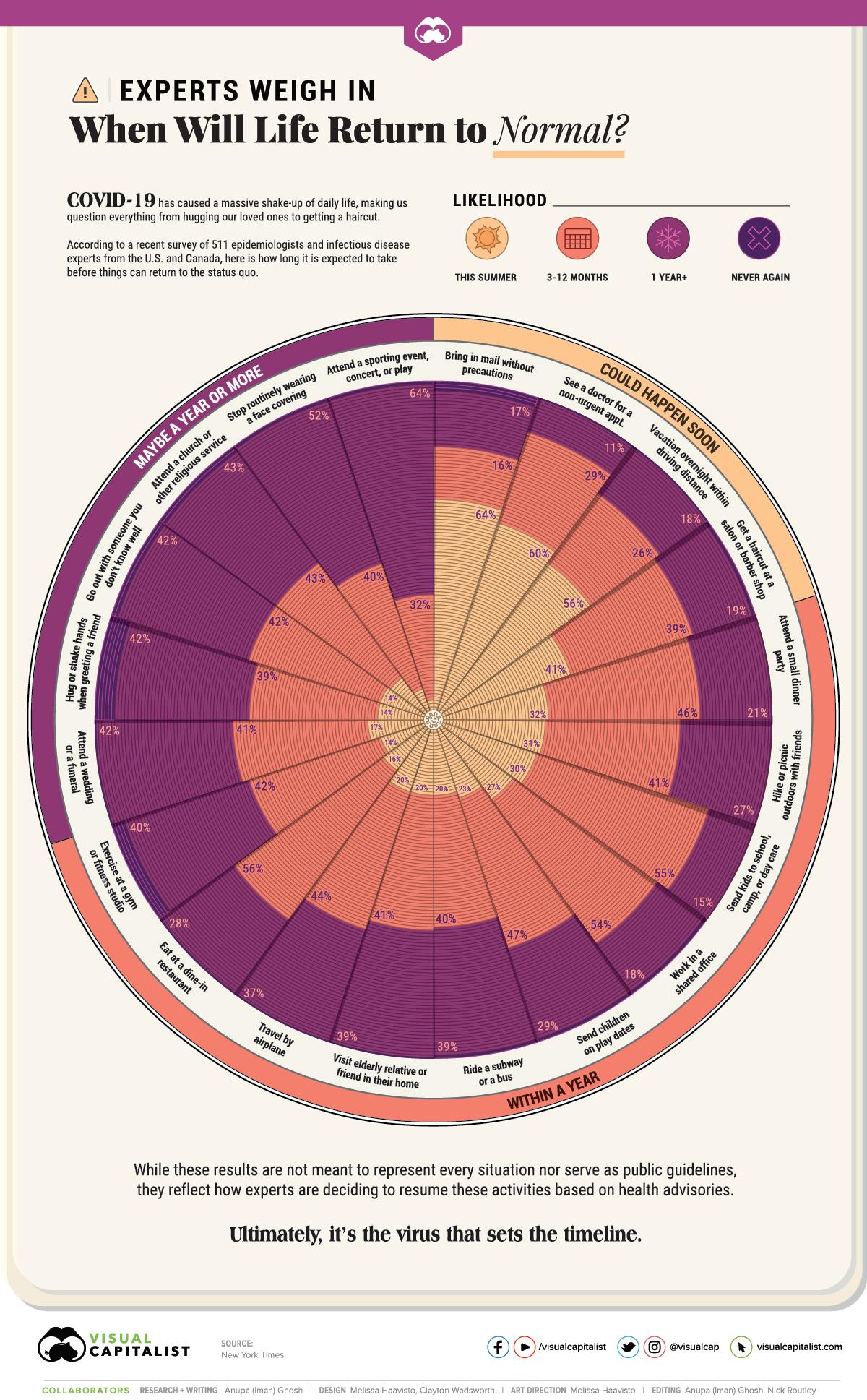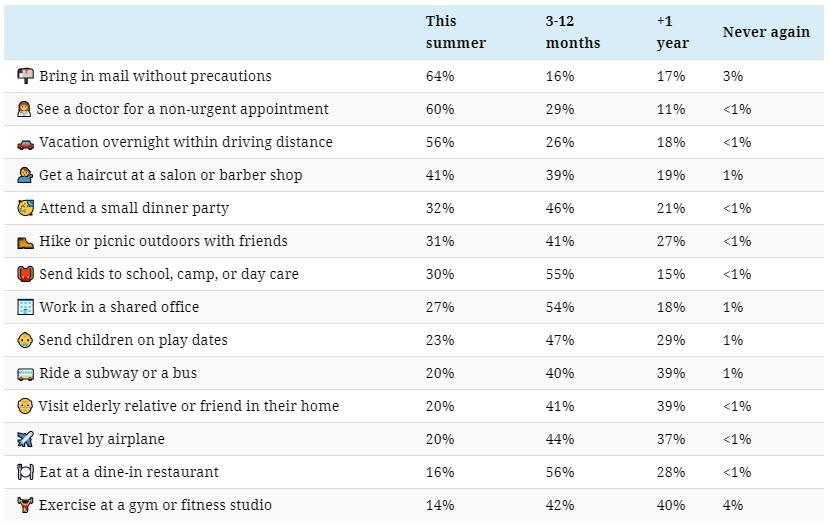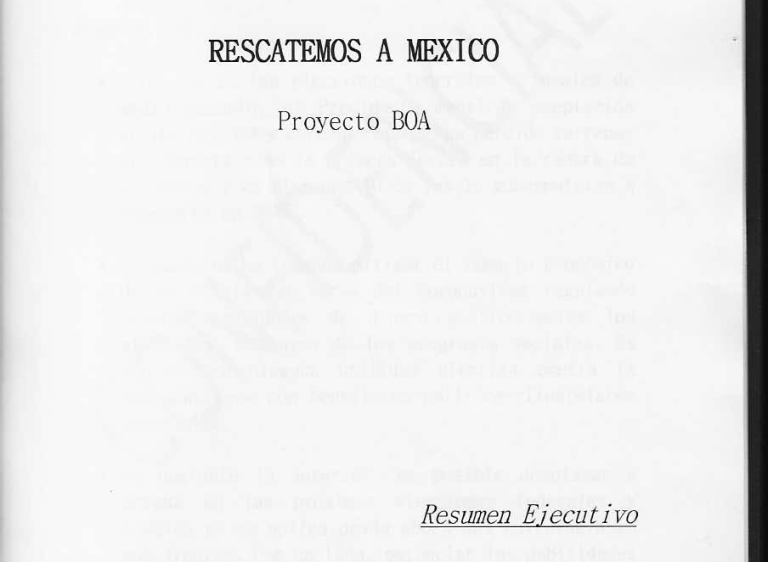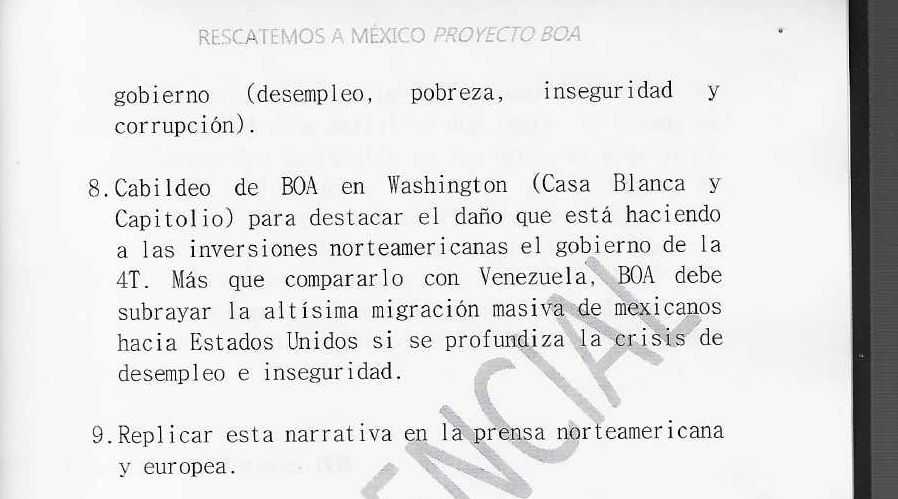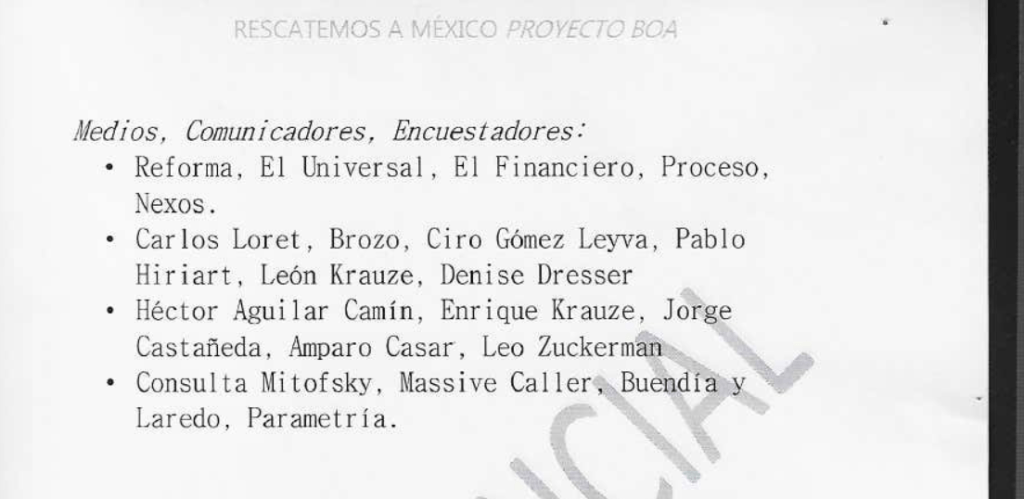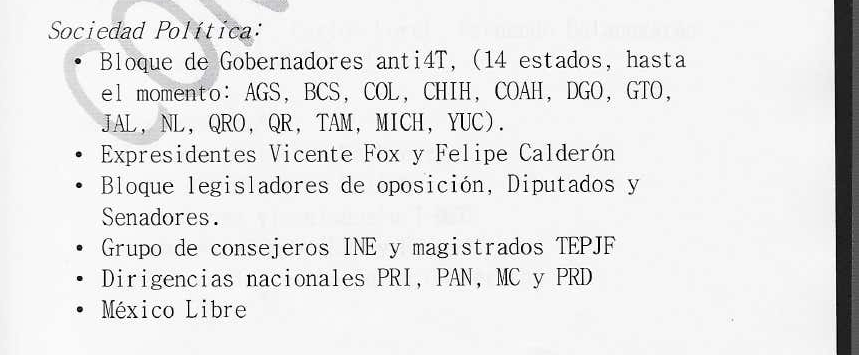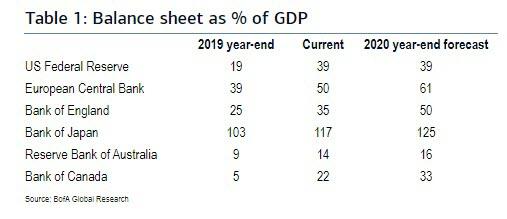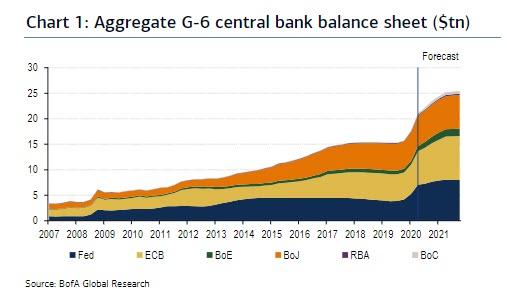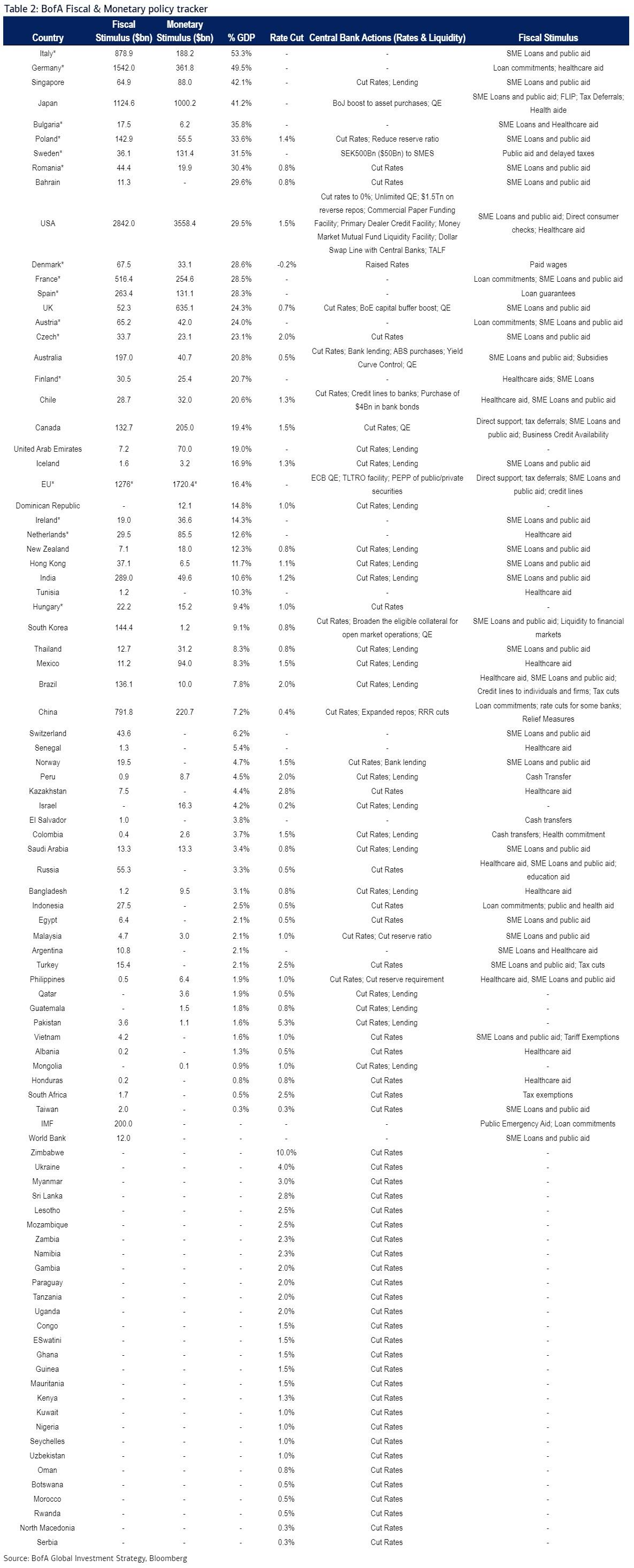The 1793 Project Unmasked
Tyler Durden
Sat, 06/20/2020 – 23:30
Authored by Robby Soave via Reason.com,
Anyone who still doubts that woke progressives can pose a material threat to the pursuit of truth should consider the case of David Shor. A week ago, as protests over the unjust police killing of George Floyd took place in major cities across the country, Shor—a 28-year-old political scientist at the Democratic consulting firm Civic Analytics—tweeted some observations about the successes and failures of various movements. He shared research by Princeton University’s Omar Wasow, who has found that violent protests often backfire whereas nonviolent protests are far more likely to succeed. The impulse behind Shor’s tweet was a perfectly liberal one: He feels progressive reforms are more palatable to the public when protesters eschew violence.
But many progressive activists on social media didn’t care whether the impulse was liberal, or even whether it reflected reality. They denounced Shor as a racist for daring to scrutinize the protesters, even if his aim was to make them more effective. One activist accused Shor of using his “anxiety and ‘intellect’ as a vehicle for anti-blackness.” Then she tagged Civis Analytics, and invited the company to “come get your boy.”
Get him, they did. Civic Analytics promptly fired Shor.
Liberal writer Jonathan Chait blames Shor’s firing on “the spread of distinct, illiberal norms throughout some progressive institutions over the last half-dozen years.” Chait knows what he’s talking about: In 2015, he wrote an influential New York article titled “Not a Very P.C. Thing to Say: How the language police are perverting liberalism.” Chait defined political correctness as “a style of politics in which the more radical members of the left attempt to regulate political discourse by defining opposing views as bigoted and illegitimate,” and he arged that “the new p.c. has attained an influence over mainstream journalism and commentary beyond that of the old.”
To understand why the “new p.c.” attained that influence, it’s necessary to revisit another influential magazine article from the same year: “The Coddling of the American Mind,” an Atlantic essay penned by the social scientist Jonathan Haidt and the civil libertarian attorney Greg Lukianoff. Their article was later expanded into a book, in which Haidt and Lukianoff blamed an increase in “safetyism“—an impulse to be sheltered not just from physical harm but emotional turmoil—for some of the new hostility to free speech. Their thinking has deeply informed my own writings about the censorious streak in campus activism: In my decade or so of covering higher education, I’ve reported hundreds of examples of progressive students citing their personal sense of safety as the reason they were demanding that punitive actions be taken against some other individual or entity that had offended them.
While some critics have dismissed the idea that the antics of safety-obsessed college students matter very much to the broader culture, I’ve long warned that the small number—proportionally speaking—of young people inclined toward these tactics could do serious damage elsewhere. As I wrote in my book Panic Attack, “It’s not impossible to imagine the same kind of thing happening in the workplace: picture a boss who is afraid to reprimand negligent young employees out of concern that they will say their PTSD is triggered.”
Recent events at The New York Times are an almost perfect demonstration of how this is playing out. Staffers angry about an op-ed by Sen. Tom Cotton (R–Ark.) claimed that its publication threatened their very lives. They specifically chose “running this puts black Times staff in danger” as their mantra because it invokes workplace safety. When the authority figure—the boss, the principal, the government—is responsible for ensuring safety, and safety is broadly defined as not merely protection from literal physical violence but also the fostering of emotional comfort, norms of classical liberalism will suffer. (One activist told me that for him, safety requires other people to affirm him.) The Times conflict ended with opinion page chief James Bennet out of his job.
He’s not the only one. UCLA recently suspended a lecturer, Gordon Klein, after he declined a demand that he make a final exam “no-harm”—that is, it could only boost grades—for students of color traumatized by the events in Minneapolis. Klein refused, in accordance with guidance from UCLA’s administration not to give students much leeway on exams. In response, the activists launched a change.org petition to get Klein fired, and the school suspended him. His irritated reply to the activists—that he would not give preferential exam treatment to students because of their skin color—has prompted UCLA to investigate him for racial discrimination.
University of Chicago economist Harald Uhlig, who had the temerity to criticize some of the more radical demands the protesters have made, is now being pressured to resign as editor of the school’s Journal of Political Economy. In this case, it’s not random students doing the pressuring, but some of the biggest names in economics: New York Times columnist Paul Krugman, University of Michigan professor Justin Wolfers, and even former Federal Reserve chair Janet Yellen, who told the Times that “it would be appropriate for the University of Chicago, which is the publisher of the Journal of Political Economy, to review Uhlig’s performance and suitability to continue as editor.”
The Times article is a master class in guilt-by-insinuation. The authors could not find a single fact to support the notion that Uhlig is a racist or that he has used his position to thwart black scholars. But he holds some views that would be in conflict with the more progressive Black Lives Matter protesters—he doesn’t approve of rioting, and he criticized NFL players for kneeling—and that apparently is suspicious enough.
Chait’s piece on Shor includes another, equally powerful example: Intercept journalist Lee Fang, a man of the left by any measure, was denounced as a racist and publicly shamed by a colleague for daring to interview a black protester who criticized violent tactics. The colleague
called him racist in a pair of tweets, the first of which alone received more than 30,000 likes and 5,000 retweets.
A journalist friend of Fang’s told me he felt his career was in jeopardy, having been tried and convicted in a court of his peers. He was losing sleep for days and unsure how to respond. “All of us were trying to protect his job and clear his name and also not bow to a mob informed by an attitude that views that you disagree with are tantamount to workplace harassment.”
The outcome of this confrontation was swift and one-sided: Two days later, Fang was forced to post a lengthy apology.
Fang was plainly terrified, and not unreasonably fearful of losing his job and being branded a racist forever. The Volokh Conspiracy‘s David Bernstein called Fang’s forced apology “Maoist-style.” It’s a hyperbolic analogy, referencing the infamous “struggle sessions” of Mao Zedong’s totalitarian communism regime. Thankfully, the dissenters from woke orthodoxy are not being tortured or executed for wrongthink. But they do face tremendous pressure to avoid saying anything that might provoke an online mob, or an illiberal colleague, or an activist with different priorities—even if that thing they want to say is plainly true.
This new reality has important social consequences: for the individuals caught in the crosshairs, but also the institutions attempting to navigate these very treacherous waters.
Given that so many cancellations hinge on the accusation that safety is being undermined, I would suggest a different metaphor than Mao.
Mine is no less hyperbolic, but it puts the focus where my reporting—and Haidt and Lukianoff’s research—suggest it should be.
In 1793, the Committee of Public Safety took charge of the French Revolution on a promise to “make terror the order of the day.” Evidence-free show trials and ideological purges followed, consistent with the radical leaders’ belief that public safety requires public terror.
Needless to say, critics of today’s radicals do not live in terror of being sentenced to the guillotine. But losing employment and social standing is no small matter. Having a job is usually connected to having health care and economic security: the ability to afford food, housing, and medicine. While some people weather and overcome their cancellation—even profiting from it—others aren’t so lucky. We hear a lot about the cases where things worked out eventually (this Olivia Nuzzi piece is a must-read), but many cases never produce a sympathetic backlash that aids the cancelled. And being shamed online by thousands of people over a trivial offense is an unpleasant and exhausting experience, even if it doesn’t permanently impact your employment.
This is not to say that every person being cancelled at the moment is a martyr for the cause of free speech. Los Angeles magazine has a list of the recently cancelled. Several were accused of fostering unpleasant work environments. Were they guilty? Maybe so. Recentlty ousted Bon Apetit editor-in-chief Adam Rappaport, for instance, seems like an unpleasant person to work for. Food writer Alison Roman, on the other hand, was dragged on social media for 1) daring to criticize Chrissy Teigen, and 2) wearing an offensive Halloween costume more than a dozen years ago. The photo of Roman was circulated on Twitter by the journalist Yashar Ali, a friend of Teigen with a history of fiercely defending her. Ali claimed the costume was intended as a “chola” stereotype of Mexican-Americans; Roman countered that she was dressed up as Amy Winehouse. Ali deleted his tweet but said he thought it was fair game because Roman had a history of “being called out for appropriation.” (Twitter users immediately dug up a photo of Teigen in a culturally appropriative Halloween costume.)
Ironically, the same subset of people ostensibly exercised about emotional safety – the woke left – seem frequently inclined to level unsubstantiated accusations that inflict emotional harm. This makes it difficult to believe that these Twitter warriors’ true aim is the promotion of psychological comfort. Did any of them consider Uhlig’s mental health after the man was baselessly accused? Does anyone care about Roman, who probably did not expect her enemies to ransack her Myspace page for evidence of racism and then pillory her for a photo taken when she was 23? What about Shor, thrown to the wolves for making a reasonable objection to what one wing of the protesters was doing?
That sounds like terror, not safety. Call it the 1793 Project.
via ZeroHedge News https://ift.tt/2Yl1D0C Tyler Durden

